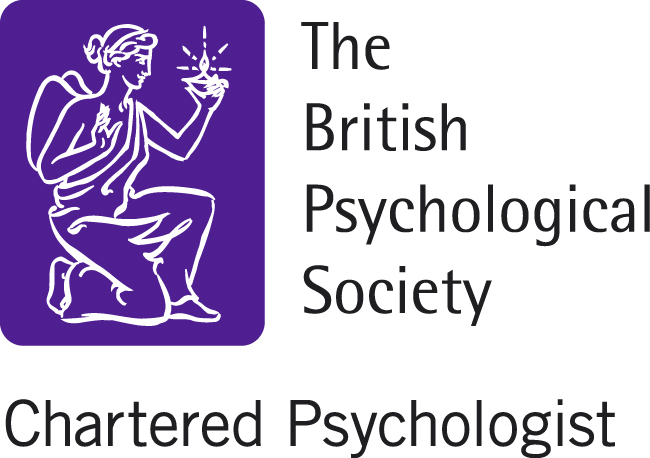Mentalization Based Treatment (MBT)
Mentalization Based Treatment (MBT) has been developed by Professor Peter Fonagy and Professor Anthony Bateman and is based on aspects of attachment theory and psychodynamic psychotherapy. It was originally developed to treat individuals who had been diagnosed with Borderline Personality Disorder who experience difficulties managing their feelings within close relationships and may also have problems regulating emotions such as anger, resulting in self-harm and suicidality. It is now being applied to treat other emotional problems including anger and aggression and eating disorders.
Within MBT, the central focus of the sessions is to help the client to become more aware of their own mind (including their intentions, feelings, thoughts, assumptions) and the minds of others. Rather than focusing on historical events and the meaning of these, MBT is primarily concerned with exploring present day-to-day occasions within the client’s interpersonal relationships when they ‘lost’ the ability to mentalize. The therapist adopts a ‘not knowing’ stance when enquiring about situations when the client may have experienced feelings of abandonment, rejection, criticism, etc. by another person. The client is also encouraged to remain curious and hold a degree of uncertainty about the interpretations they make about the actions of themselves and others. It is intended that over time, these processes enable the client to improve their ability to ‘mentalize’ which should increase one’s emotional regulation skills, thereby reducing impulsive and reckless behaviour, in addition to improving understanding within one’s interpersonal relationships.
For example, a client who may often respond with threats of self-harm when they feel that their partner is about to leave them, would hopefully, over time, become more aware of their own emotions underpinning their threats and also the intentions of their partner’s behaviour at times when they feel abandonment is imminent. It is hoped that the client’s improved ability to consider and interpret their own emotions and those of their partner will reduce their tendency to automatically feel abandoned and make threats in response to these feelings.
MBT is recommended by the National Institute for Health and Care Excellence (NICE) guidelines as a treatment for borderline personality disorder. The therapeutic approach has been extended to treating eating disorders and relationship problems in couples and families.
Dr Rose has completed Practitioner Level training in MBT and has extensive experience of using MBT to treat individuals who suffer from personality disorder, impulsive and reckless behaviours and/or who have difficulties relating to others/maintaining relationships. If you think you would benefit from MBT, please contact Dr Rose on 07393 488534 or email: esther@drestherrose.com.
Watch these videos clips about Mentalization Based Treatment:
The first video explains the relevance of MBT for individuals who suffer from Borderline Personality Disorder:
https://www.youtube.com/watch?v=ICtK4vLVkzA&index=7&list=PL_L7KEOxOeQ_VtA6S_VcifF5BX3-594hA
In the second video Professor Peter Fonagy talks about Mentalization in Borderline Personality Disorder:
https://www.youtube.com/watch?v=ICtK4vLVkzA&index=7&list=PL_L7KEOxOeQ_VtA6S_VcifF5BX3-594hA

